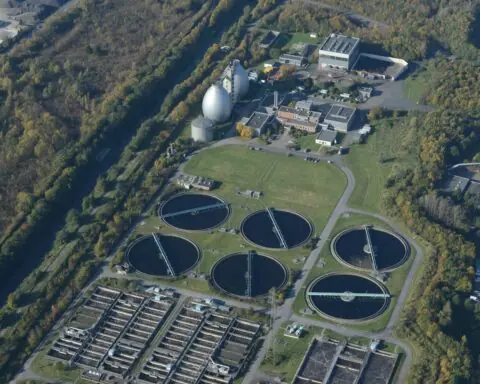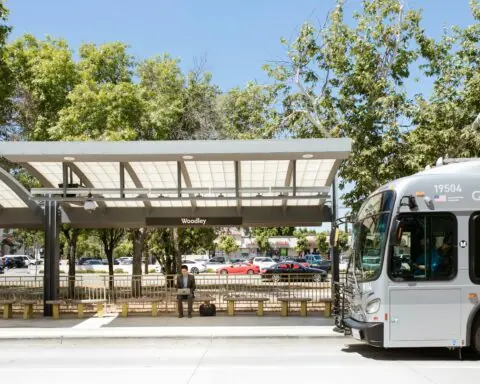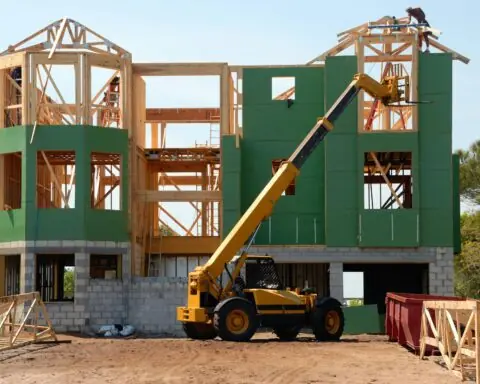The U.S. The Department of Commerce is looking to make a $6.4 billion investment in partnership with Samsung to support semiconductor manufacturing in Central Texas.
The funding set aside by the 2022 CHIPS and Science Act is designed to help cement the United States’ role as a leader in manufacturing semiconductors. At this point, the $6.4 billion award is not yet finalized. Samsung and the U.S. Department of Commerce have signed a non-binding preliminary memorandum of terms.
“I signed the CHIPS and Science Act to restore U.S. leadership in semiconductor manufacturing and ensure America’s consumers, businesses, and military maintain access to the chips that underpin our modern technology,” President Joe Biden said in a press release.
The $6.4 billion award is part of a larger commitment by Samsung to invest more than $40 billion in Central Texas over the coming years, supporting the creation of over 20,000 jobs. Samsung is headquartered in South Korea, but it has been manufacturing products in the United States since 1996.
The company is already building a large semiconductor manufacturing facility in Taylor, Texas, northeast of Austin. The new funding opportunity will support that construction and allow the company to expand its existing facility in Austin.
The technology that has become embedded in everyday life depends on semiconductors. With the advent of artificial intelligence that requires large amounts of computing power, the demand for semiconductors is expected to increase. But currently, the supply chain of semiconductors is highly dependent on factories located in Taiwan, China and South Korea. With Samsung’s investment, the United States could grow to 20% of the market by 2030.
“We’re not just expanding production facilities; we’re strengthening the local semiconductor ecosystem and positioning the U.S. as a global semiconductor manufacturing destination,” said Kye Hyun Kyung, president and CEO of the device solutions division at Samsung.
Samsung plans to make the facility in Taylor into a “comprehensive advanced manufacturing ecosystem,” according to the announcement. The process of manufacturing semiconductors, microchips and integrated circuits requires an extremely clean and highly controlled facility – called fabrication plants, or “fabs” for short.
In Taylor, Samsung plans to build a fab capable of mass producing the most advanced semiconductor technology currently on the market. Another fab will be focused on research and development of even faster processing technology. The facility will also produce 3D High Bandwidth Memory and 2.5D integrated circuits, which are ways to package multiple microchips together and have become critical in the development of artificial intelligence.
“To meet the expected surge in demand from U.S. customers, for future products like AI chips, our fabs will be equipped for cutting-edge process technologies and help advance the security of the U.S. semiconductor supply chain,” Hyun Kyung said.
Along with the investments in Central Texas facilities, Samsung has also partnered with academic institutions to help ensure the region has an educated workforce that is ready to fill jobs at the facility once it is built. Up to $40 million of the investment from the CHIPS Act will be dedicated to workforce development.
The announcement also highlights Samsung’s effort to be good neighbor through waste management practices. The facility in Austin was awarded Zero Waste to Landfill Gold Level certification for diverting 96% of its waste from landfills through reuse and recycling efforts. The new fabs in Taylor would employ similar waste management strategies and prioritize clean energy and water conservation.













